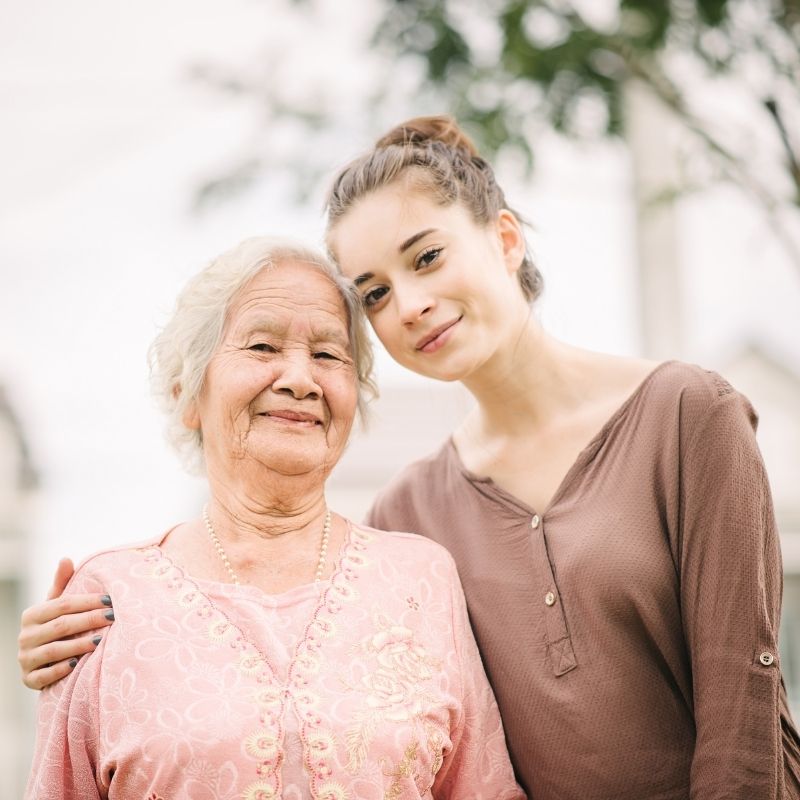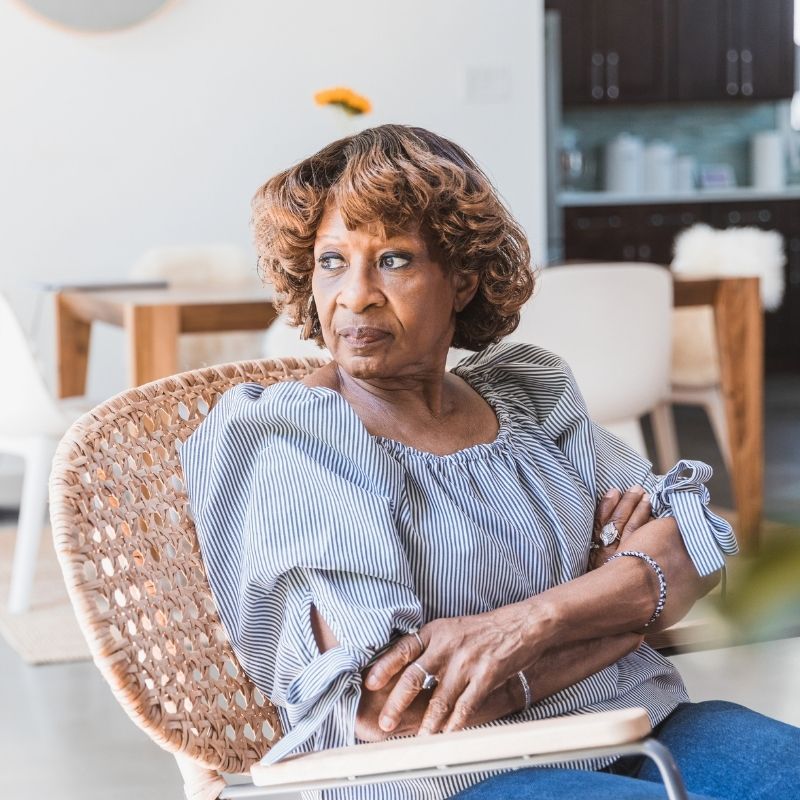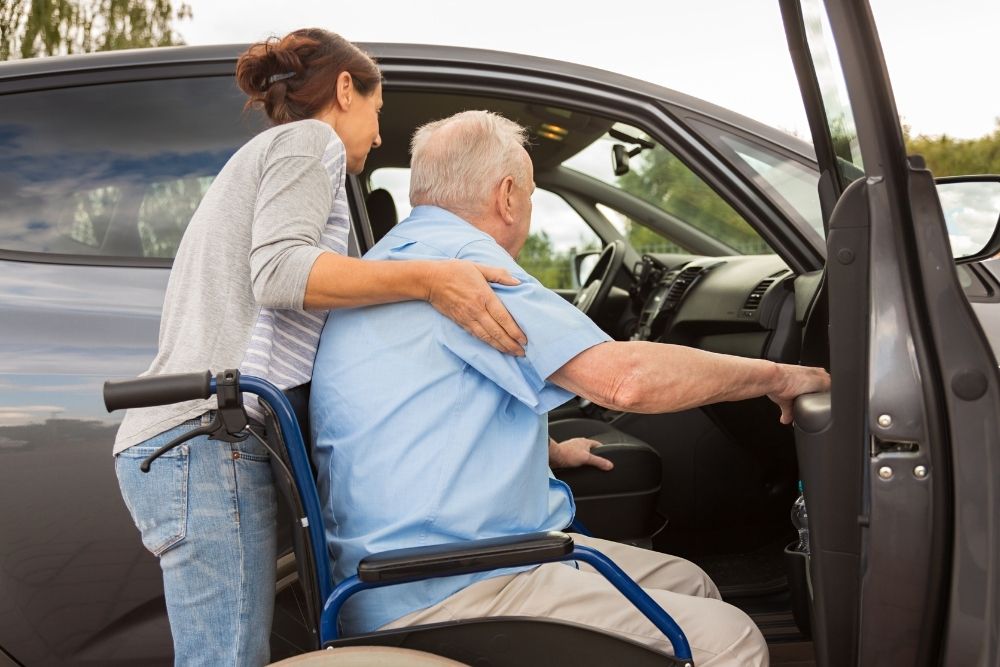In a recent article published by The Huffpost, writer Ann Brenoff points out some insightful and sobering facts about millennials and their caregiving roles within the next couple of years.
In a recent AARP report, “Millennials: The Emerging Generation of Family Caregivers,” this reality looks rather scary. However, it notes that caregiving responsibilities are just starting to gain momentum. About 1 in 4 millennials are already putting in an extra 21 hours a week taking care of ‘boomers,’ or the sandwich generation more eloquently. That is 21 unpaid hours of caregiving ― while you maintain your full-time career and care for your own family simultaneously.

Close to half of all millennials will be helping a parent or an in-law, while it will be your mother in 65 percent of instances, said AARP. The average care recipient supported by a grandchild is 77 years old. And more than half of millennial family caregivers (51 percent) are the sole caregiver, utterly alone in their duties.
This trend is expected to continue as U.S public policy is too slow to respond to the +- 10,000 boomers turning 65 every day. As of 2020, more than 55 million Americans are age 65 or older, according to the Census Bureau’s 2020 population estimates.

The real question is, are millennials ready to tackle the challenges that caregiving entails? It is, unfortunately, a job that is often not glamorous. Bathing, bathroom assistance, and even changing adult diapers can be expected. While the boomer generation is traditionally better geared both in demeanor and grit for such tasks, it remains to be seen whether millennials will be able to rise to these challenges.
This is not to undermine the abilities of millennials to be caring, compassionate, and helpful. Still, generational gaps often go hand-in-hand with changes in attitude when dealing with difficult situations, such as caring for a senior loved one.
Are millennials ready for the financial aspect of caregiving over and above the physical and mental toll it can take? We’ve all been privy to jokes about millennials being more concerned with paying for avocado on toast than investing in property. Still, the reality is that with inflation, rising costs of living, and increasing mountains of seemingly endless student debt, many millennials will only ‘get on their feet’ in the financial sense at a much later age than the boomer generation did. Does this mean that they will be financially secure enough to afford to take time off from work to care for a senior loved one? Will they have the necessary funds to drive their senior to doctor’s appointments or pay for their chronic medication up-front if needed?
Some research has been done on the matter by AARP and notes that due to the financial strain caregiving has, most family caregivers reduce, if not stop, saving for retirement altogether. They don’t eat out or take vacations. And many have dipped into personal or retirement savings. This does not bode well for the compounding effect on the next generation that will one day need to care for millennials.

This is why using local resources that can assist with such issues before it’s too late is so important, not only for millennials but also for baby boomers. This is where Senior Resource Connectors comes in. Our vast network of vetted, reliable resources can offer the best advice, guidance, or referrals to have total peace of mind that your aging plan is on track.

